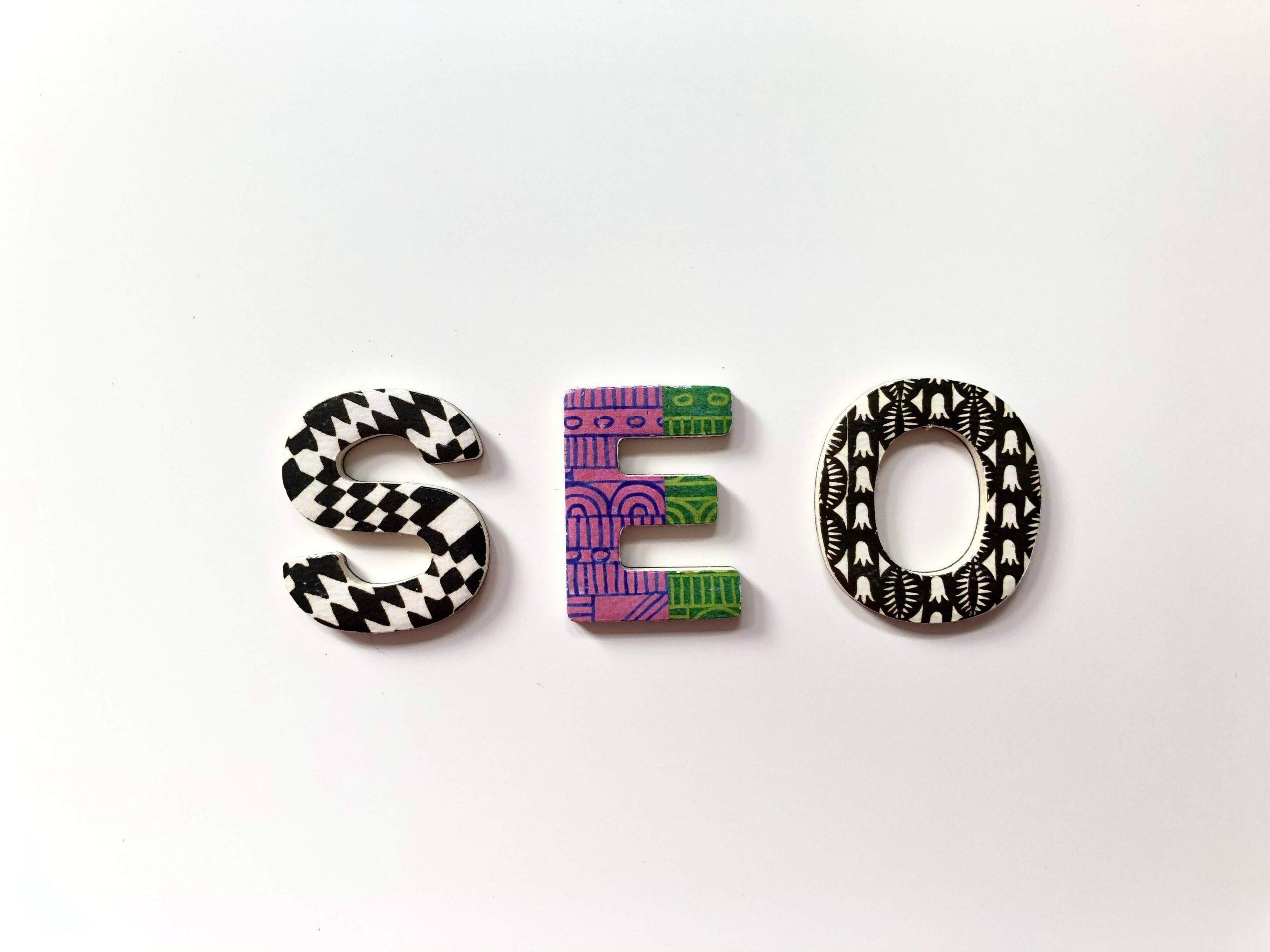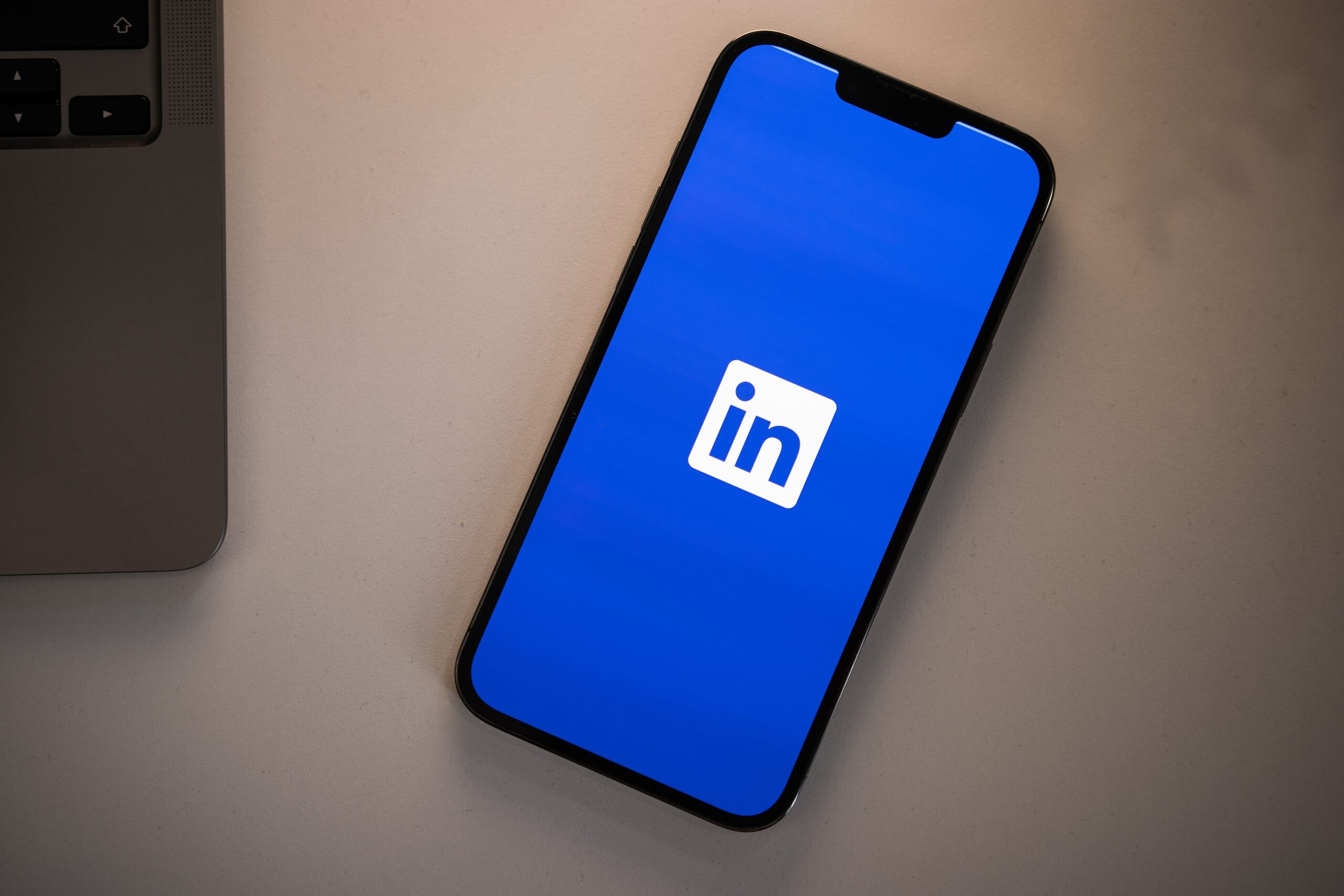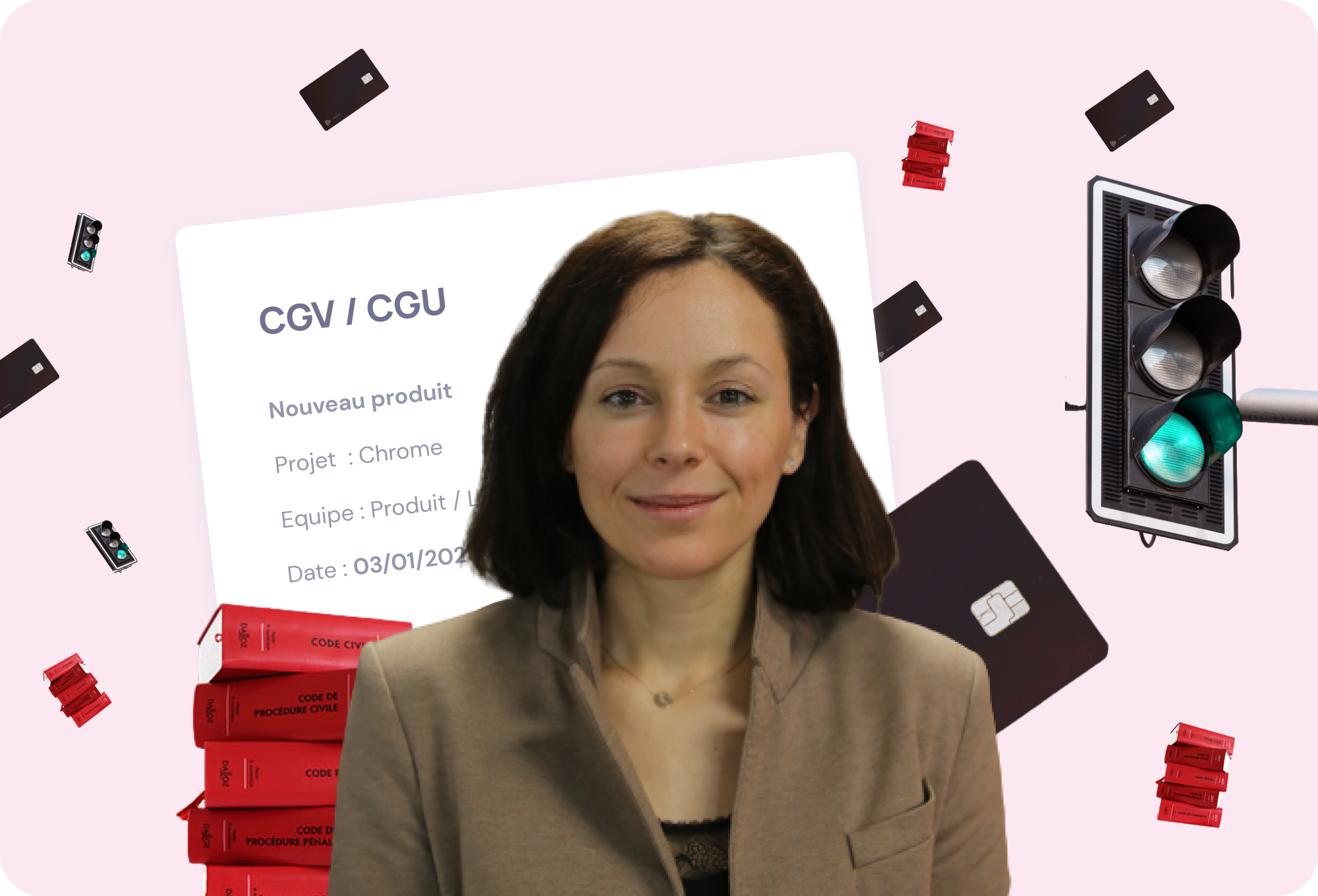De plus en plus de cabinets d’avocats et de directions juridiques demandent à leurs juristes d’être capables d’associer leurs compétences en Droit avec des compétences sur le numérique.
Il est et sera demandé de plus en plus aux juristes d’être en capacité de comprendre comment fonctionne un algorithme, les langages de programmation informatique, l’intelligence artificielle, la blockchain …
Et le SEO dans tout ça ?
En effet le SEO (Search Engine Optimization) est un canal d’acquisition web indispensable pour booster le trafic d’un site web.
Il s’agit de mettre en place une stratégie de visibilité web pour faire en sorte qu’un site web soit le meilleur pour répondre à l’intention de recherche des visiteurs.
Les leviers à actionner sont de quatre ordres : la technique, le contenu, la popularité et l’expérience utilisateur (UX).
Comprendre les subtilités du SEO, les attentes et les exigences des moteurs de recherche, connaître les principaux critères de classement de leurs algorithmes c’est l’assurance de pouvoir sortir toute publication ou site web enfouie jusque-là dans les résultats de recherche.
Nous l’avons bien compris chez Seraphin.legal, votre logiciel de gestion des contrats puisque le SEO représente une part relativement importante du trafic mensuel de notre site web.
Nous n’entendons pas pour autant de vous transformer en une ou un consultant SEO, vous restez avant tout des juristes mais nous souhaitons avec cet article vous apporter les bases en SEO pour vous aider à optimiser votre dernier article de blog, à optimiser votre site web personnel qui met en avant vos domaines d’expertise ou vos sujets de prédilection ainsi qu’à mieux communiquer avec vos collègues SEO et développeurs au sein de votre entreprise.
La déception de ne pas voir sa publication ou son site web apparaître en première page Google
Passer des heures sur un texte, un article et ne pas le voir apparaître dans les résultats de recherche des moteurs de recherche est terriblement frustrant.
Si 130 000 milliards de pages sont indexées par Google et 20 milliards sont crawlées chaque jour par le moteur de recherche (source : Blog du Modérateur), publier son contenu sur son site web n’est pas la garantie de le voir figurer dans les résultats de recherche des moteurs ou SERP (Search Engine Result Page).
Il faut tout d’abord s’assurer que le contenu publié soit crawlable et indexable par les moteurs de recherche.
Le crawl sert à découvrir des pages web et à en capturer le contenu. Il s’agit de l’exploration par un robot d’un site web. Il va capturer le contenu (code HTML) de la page pour l’envoyer au moteur. Le robot va par la suite détecter les liens sortants (internes et externes) dans cette page pour les suivre afin d’explorer d’autres pages sur lesquelles il va effectuer le même travail, et ainsi de suite.
Il arrive très souvent à des éditeurs de sites web d’avoir oublié de lever les blocages au crawl au moment de la mise en ligne d’un site web. Avec un CMS (Content Management System), comme WordPress, il suffit de cocher/décocher une option pour permettre ou empêcher l’exploration des pages d’un site web par les robots des moteurs de recherche.
Plus technique en SEO, il est possible de demander au robot de ne pas crawler un site web grâce au fichier robots.txt, il faudra alors ajouter la directive Disallow: / au fichier. En effet, le fichier robots.txt qui se trouve à la racine d’un site web /robots.txt indique aux robots d’exploration d’un moteur de recherche les URL auxquelles il peut accéder sur votre site.
Une fois la page crawlée, Google va, après analyse, décider s’il l’indexe ou pas. Certains éditeurs de sites et SEO ont constaté que certaines pages de leurs sites web mettaient beaucoup de temps à s’indexer.
Il n’y a pas de règle exacte pour pousser Google à indexer une page web même si l’ajout de vidéos Youtube, en faire la promotion sur un réseau social comme Twitter avec un lien vers elle ou faire un lien depuis une page déjà indexée vers cette même page ont pu fonctionner.
Pour se donner toutes les chances en matière d’indexation, il est conseillé de proposer aux moteurs de recherche à commencer par Google, la meilleure page possible pour répondre à l’intention de recherche des utilisateurs.
Comme nous le verrons dans cette seconde partie, le référencement naturel, le SEO ne se joue pas que sur la technique, le contenu est roi “content is king” a t-on tendance à dire en SEO.
Si vous souhaitez obtenir des résultats en SEO, il va falloir concentrer vos efforts sur la création de “contenus” de référence, des articles à forte valeur et qui sortent du lot.
Optimiser sa publication et son site web pour plaire aux moteurs de recherche
Si Google communique sur plus de 200 critères utilisés pour classer les sites web, l’amélioration du SEO d’un site web ou d’une page web va se jouer autour de quatre piliers dont :
La technique
- Il va s’agir de renseigner les balises title pour chacune des pages de son site web. La balise title correspond au titre de la page web et se présente sous la forme : <title>Contenu de la balise title</title>. Il est possible de de lire son intitulé dans l’onglet du navigateur affichant la page. Ce champ est affiché par Google comme titre (cliquable) de ses résultats de recherche (liens bleus). Le contenu de la balise title étant un critère de pertinence pour les moteurs de recherche, il doit être particulièrement soigné au niveau des termes utilisés.
- Vous devez mettre en place les balises Hn, c’est-à-dire les titres dans les pages, les balises Hn servent à structurer le contenu éditorial du texte de la page. Le plus souvent, elles sont positionnées sur le titre (h1), le sous-titre, les intertitres … La balise h1 sert par exemple à indiquer le titre éditorial de la page.
- Bien que les moteurs (Google, Bing…) ne tiennent pas compte du contenu de cette balise pour calculer la pertinence d’une page par rapport à une requête donnée, il est important de renseigner les balises meta-descriptions, c’est une balise contenant un texte qui est fourni aux moteurs de recherche afin qu’ils l’affichent comme descriptif de la page dans leurs résultats de recherche (ce que l’on appelle le “snippet”). Le contenu des meta-descriptions doit être suffisamment incitatif pour que l’internaute clique sur le lien. La taille de vos meta-descriptions peut aller jusqu’à 320 signes, la taille minimale est de 150 à 160 caractères.
- Vous devrez veiller également à éviter un temps de chargement trop important pour chacune des pages de votre site web par exemple en redimensionnant et en optimisant le poids de vos images.
- Il est bon aussi en SEO de renseigner les attributs alt de vos images. Ce texte qui va décrire l’image !
L’expérience utilisateur (UX)
- Vous devez proposer aux utilisateurs, aux lecteurs de votre site web, des pages web agréables à lire. Pensez par exemple à aérer votre contenu avec des images, des listes à puces…
Le contenu
- Vous devez proposer aux utilisateurs et aux robots des moteurs de recherche des contenus textuels d’expertise avec une belle richesse sémantique. Les principaux mots clés devront également figurer dans les zones chaudes de chacune des pages web du site. Précisons que les balises title, meta-descriptions, les balises Hn, les liens internes, les attributs alt c’est-à-dire les descriptions des images constituent les principales zones chaudes d’un site web.
La popularité
Il est important en SEO d’obtenir des backlinks, des liens externes venant de sites populaires et situés dans votre thématique avec des ancres qui ne sont pas trop optimisées. Une ancre est un mot clé sur lequel on va poser un lien. C’est cette ancre qui permet de donner des précisions aux robots et à l’internaute quant à la page qui se cache derrière. Une ancre non optimisée est un texte sans mot clé (exemple : “cliquez ici” ou “suivre ce lien”). Une ancre optimisée est un texte avec une suite de mots clés (exemple “SEO”).
Des piliers en SEO aussi importants les uns que les autres et donc à travailler ensemble de manière complémentaire pour obtenir de bons résultats en référencement naturel. Vos pages web doivent proposer du contenu pertinent et riche au niveau sémantique sans oublier bien sûr la nécessité d’obtenir des liens naturels (backlinks) de qualité provenant d’autres sites pour gagner en autorité.
Un grand référenceur français, Olivier Andrieu parle de Google comme d’un “obsédé textuel”. Ainsi, après avoir travaillé les bases techniques de votre site web, vous devrez concentrer vos efforts sur la création de contenus. C’est bien la création de contenus à forte valeur qui vont vous permettre d’obtenir de meilleures positions dans les pages de résultats des moteurs de recherche.
Des contenus qui devront être à la fois inspirants, impactants pour faire de vous l’expert dans votre thématique. Nous vous conseillons d’ailleurs de miser sur les contenus longs !
Sachez que les contenus en première page ont en moyenne 1 890 mots. De plus, les longs contenus reçoivent plus de backlinks que les articles courts.
Viser le top 3 dans les résultats de Google devient enfin possible
Vous avez optimisé techniquement votre site web, vous venez de produire quelques contenus de valeur, vous venez de récolter vos premiers backlinks, vous pouvez à moyen terme commencer à avoir des ambitions en SEO, c’est-à-dire viser le Top 3 sur vos positions stratégiques.
Sachez que 75 % des internautes ne cliquent pas plus loin que la première page. 67 % des clics sur la page de résultats de Google vont aux 5 premiers résultats organiques (ou naturels). Vous devez donc viser le top 3 ! Bien sûr en fonction de la concurrence sur certains mots clés, cela peut prendre plus de temps ! En effet, vos performances en SEO vont dépendre de l’ancienneté, de la popularité et de la notoriété de votre site web ainsi que de la concurrence.
Ayez toujours en tête que c’est le plus acharné qui l’emporte en SEO ! Veillez surtout à proposer aux moteurs de recherche et aux internautes, un site web agréable à lire, explorable à la perfection et avec des contenus fiables et toujours plus pertinents sur votre thématique.
Car l’objectif de Google qui devient chaque jour de plus en plus un moteur de réponse est de proposer les meilleurs résultats aux internautes qui effectuent une requête.
Google a alors mis en place un concept EAT (Expertise, Autorité, Crédibilité pour “Trust”) pour mettre en avant les contenus les plus appropriés et pertinents. Mis en avant depuis 2018, cet ensemble de critères fait partie intégrante des algorithmes de Google. L’EAT permet à Google d’évaluer les contenus dans ses résultats de recherche.
Pour figurer en bonne position dans les pages de résultats de recherche, il est donc important de tenir compte de ces critères pour votre contenu. Pour se faire, trois facteurs sont à mettre en avant :
L’expertise : Vous devez être considéré(e) par Google comme un expert. Cela vous oblige à proposer à ses robots des articles et plus globalement des contenus parfaitement structurés avec des informations à jour et un maillage de liens parfait pour votre SEO.
L’autorité : Google doit vous reconnaître comme une source fiable ! Cette reconnaissance peut être déterminée par l’obtention de backlinks, des liens externes en provenance d’autres sites d’autorité ainsi que des mentions dans divers médias experts dans votre domaine, le partage de vos contenus sur les réseaux sociaux.
La crédibilité ou Trust : Il est important pour votre site de prouver qu’il est digne de confiance et que votre article a été rédigé par une source fiable. Pour cela, n’hésitez-pas à renseigner des petites “biographies” pour les auteurs de vos articles avec à chaque fois des liens sur leur profil Linkedin par exemple ou autres liens que vous jugerez comme pertinents pour démontrer leur crédibilité à écrire sur ces sujets.
Depuis décembre 2022, Google a mis à jour son algorithme de recherche et à ajouté l’expérience pour donner le concept EEAT (Experience, Expertise, Autorité, Confiance). L’expérience de l’auteur ou créateur de contenu est ainsi pris en compte ! Pour obtenir un EEAT élevé, vous devez réaliser un contenu de qualité. Votre contenu doit apporter une réelle valeur ajoutée en matière d’informations. Produire un contenu fiable et pertinent doit être votre priorité pour améliorer votre SEO. Vous devez ainsi rechercher des sources d’autorité, exposer de nombreux points de vue ou encore définir des acronymes et concepts que vous évoquez.
Nous vous invitons également à mettre à jour régulièrement vos pages afin que les moteurs de recherche puissent toujours les indexer. Pour disposer d’un bon EEAT, il est important que vous citiez vos informations, encore plus lorsqu’elles proviennent de sites d’autorité. Vous faites preuve de fiabilité, ce qui vous permet d’améliorer votre score SEO. Même si vous perdez un peu de “jus SEO” en intégrant un lien externe, cela ne sera pas dommageable à votre référencement naturel.
Conclusion : Chat-GPT, Bard : l’avenir du “Search” est-il bouleversé ?
Nous considérons chez Seraphin.legal qu’un juriste se doit de posséder les bases sinon les rudiments du SEO pour à la fois optimiser son dernier article, son site web ou pour échanger avec ses collègues développeurs et SEO.
Retenez en guise de conclusion que l’amélioration SEO d’un site web va se jouer autour de quatre piliers à travailler de manière complémentaire.
- Technique
- Contenu
- Popularité
- l’UX
Ainsi un site web possédant une bonne base technique doit proposer du contenu pertinent et riche au niveau sémantique sans oublier bien sûr la nécessité d’obtenir des liens externes, les fameux backlinks de qualité pour gagner en autorité.
Veillez surtout à proposer aux moteurs de recherche et aux internautes, un site web agréable à lire, qui se charge rapidement, explorable à la perfection et avec des contenus toujours plus pertinents sur votre thématique.
Le SEO paraît alors très simple ! C’est alors qu’en novembre 2022, la start-up OpenAI a rendu disponible au grand public son prototype d’agent conversationnel reposant sur des techniques d’intelligence artificielle. Ce fut et c’est encore un énorme succès ! Et c’est peut-être tout l’univers du “Search”, la façon dont nous cherchons l’information sur les moteurs de recherche qui s’en voit complètement bouleverser !
En début d’année 2023, Microsoft a investi dans OpenAI pour intégrer Chat-GPT à son moteur de recherche Bing qui ne représente que 4 % de parts de marché des moteurs de recherche en France. Face à ce danger, Google n’a eu d’autre choix que de répliquer et a donc annoncé la sortie d’un équivalent à Chat-GPT : Bard.
Bard, l’outil de Google sera en partie semblable à Chat-GPT. Bard reste un robot conversationnel et son objectif est de répondre à toutes les questions que vous lui poserez. Google avec Bard est parvenu à développer une intelligence artificielle (IA) capable de crawler les pages existantes sur son moteur de recherche afin de livrer une réponse précise et actualisée. Bard permettrait d’afficher une réponse détaillée adaptée à la question posée. Elle devrait apparaître en haut de vos écrans au-dessus des résultats de recherche.
Des questions demeurent pourtant en suspens, Bard affichera t-il systématiquement des réponses sur la page de résultat de recherche de Google ? Comment Bard sélectionnera la réponse qu’il donnera à la question posée ? Quels seront ses critères ?
En attendant d’avoir des réponses à nos questions, nous ne pouvons que vous recommander de redoubler d’efforts pour produire des contenus à forte valeur, fiables et pertinents dans votre thématique.



